Covid Vaccine Mandate Lawsuit
Given how disruptive the COVID-19 outbreak has been for businesses worldwide, employers are keen to return their employees to "normal" as soon as possible — but this desire raises new considerations about vaccinations and related obligations. Understanding where to start when dealing with a legal matter that has never been addressed before might be overwhelming. Furthermore, the new regulations are broad, and CDC and other advice are frequently changing, especially as we learn more about developing variations, the status of FDA approval for COVID-19 vaccines and other issues.
In the context of the vaccine mandates in the workplace, there are several things to consider, and employers and workers should carefully analyze these concerns before deciding or agreeing with a specific policy approach.
Can Employers Mandate Employees to Get Vaccinated?
According to EEOC guidance, a mandatory vaccination program is not forbidden under federal anti-discrimination statutes, but it must put into consideration the potential accommodation requirements and other legal complexities. In this case, more litigation is likely, especially as more companies embrace obligatory vaccination programs.
Above all, companies are required to uphold an obligation that accommodates their employee's disability or sincerely held religious beliefs. Employers must also be aware of the most recent information on accommodations and the interactive process in order to comply with their legal requirements.
Disability Accommodations and Vaccines
Companies must make reasonable accommodations to eligible employees with disabilities under the Americans with Disabilities Act (ADA) unless they can prove that accommodating their employee’s disability would cause an undue hardship. Reasonable accommodations may include suitable adjustments or adaptations to company policies, such as those mandated by a mandatory vaccination policy.
As with any request for a disability accommodation, the employer should collaborate with employees that are not vaccinated to explore suitable working modifications. The ADA allows an exception to companies' obligations in the event of an undue hardship, which may include, among other things, the organization's finances, hardships related to accommodation costs, and the impact of the accommodation on company operations.
While challenges to Workplace COVID vaccine mandates are only beginning, there have been judgments on other vaccine mandates. Nonetheless, because the COVID-19 challenges are so fresh, we should expect to see more judgments and precedents, and The Gavel Project will continue to monitor the topic attentively.
Vaccines and Religious Accommodations
Employees may also be entitled to another type of reasonable accommodation in the context of the required vaccines. Employers must make accommodations for an employee's honestly held religious beliefs about vaccine obligations under Title VII of the Civil Rights Act of 1964 (Title VII). Again, the legislation provides for exclusions based on the employer's unreasonable hardship. Title VII's definition of undue hardship is far more permissive for employers than the ADA's, requiring that it merely impose a de minimis expense on company operations.
Covid Vaccine Mandate Lawsuit
While keeping up with covid vaccine mandate lawsuit and vaccine mandate litigation guidelines might be difficult, The Gavel Project does it for you. Our lawyers against vaccine mandates are here to help. Contact us today for more details!
